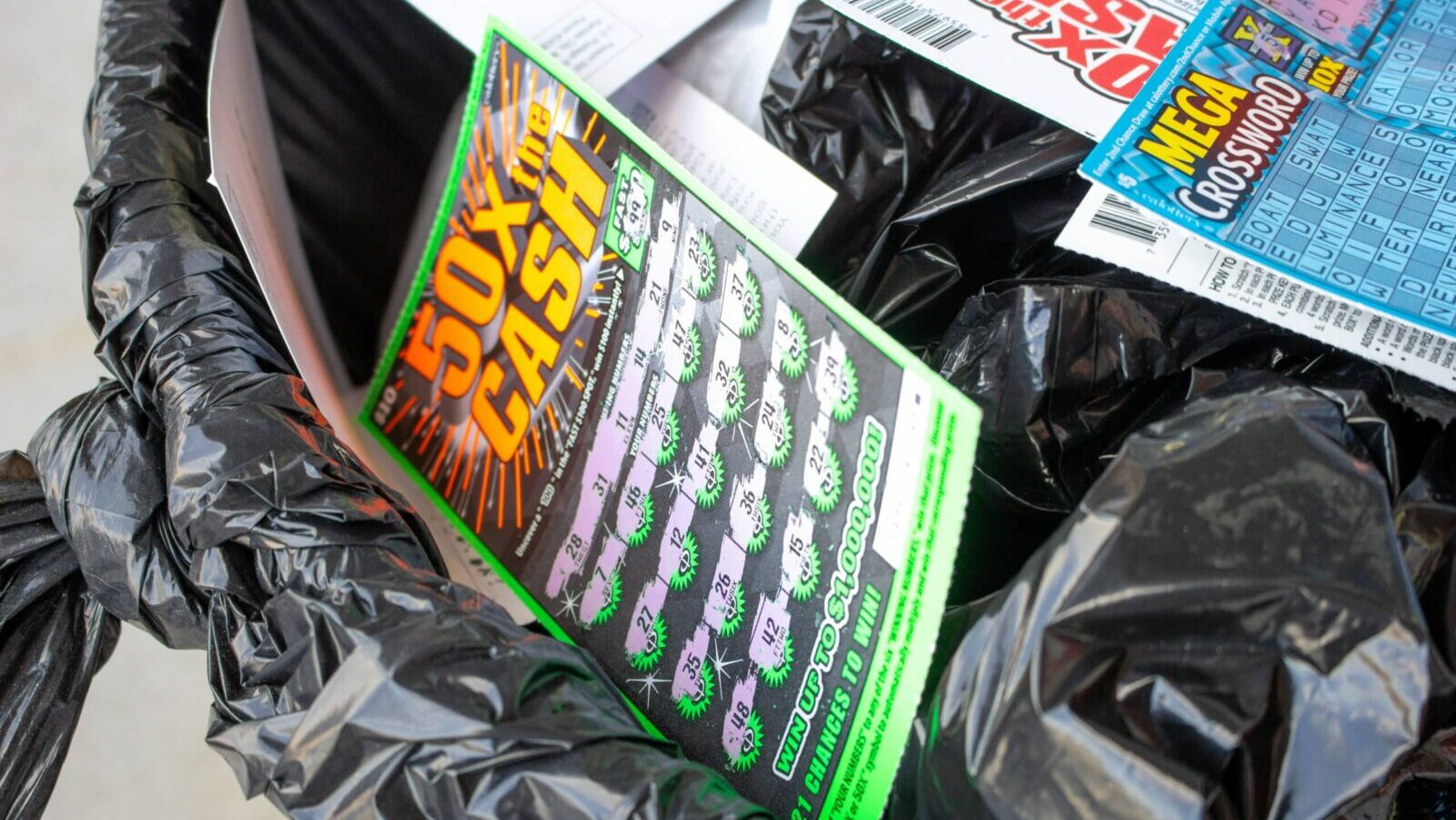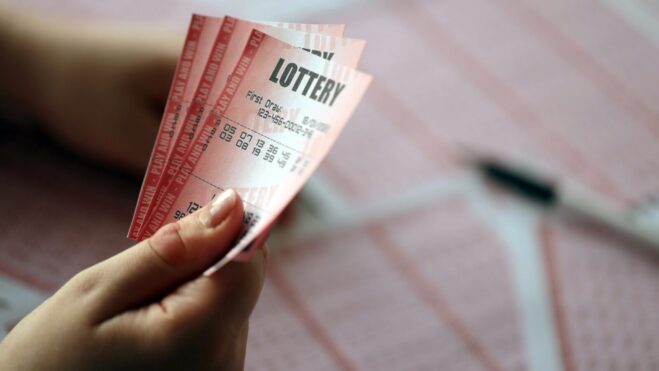Four Legendary Lottery-Triggered Lawsuits
Sudden wealth, and greed, and the freedom or lifestyle a boatload of money can buy has the power to make people lash out and file suit.
3 min

The lottery has the ability to inspire intense reactions among winners. Normally, responses range from “ecstatic” to “disbelief.” But often a windfall, as frequently seen in the context of wills or inheritances, leaves certain friends and family members feeling scorned, or pitted against one another.
Sudden wealth, and greed, and the freedom or lifestyle a boatload of money can buy has the power to do that. Similarly, the promise of a lottery win can also lead people to commit fraud.
In all of these cases, the best that anyone can hope for is a peaceful resolution. But sometimes, the end result is a lawsuit. The U.S., after all, is the land of the free, home of the litigious.
Without further ado, here’s a look at some legendary lottery-related lawsuits.
Tonda Dickerson walked back a promise and immediately lost karma points
You can often find Tonda Dickerson at the top of “unhappiest lottery winners” listicles — and for good reason.
It all started when Dickerson was working at an Alabama Waffle House. After a man gave her a lottery ticket as a tip, she made a deal with him to buy him a new pick-up truck if she actually won with his ticket. Separately, she struck a deal with her co-workers to share her winnings with them if she happened to get lucky.
Miraculously, Dickerson did win $10 million from the man’s ticket. She then immediately and conveniently “forgot” her deals with the customer and with her co-workers, leading the latter group to challenge her in court. Unfortunately for them, the Alabama Supreme Court ruled in Dickerson’s favor.
But things did not work out for her in fairy tale fashion. About a decade later, Dickerson’s ex-husband kidnapped her and held her at gunpoint, demanding that she share her winnings with him. She shot him in the chest in self-defense — a wound he somehow survived.
Now she lives a modest life in Biloxi, Mississippi, having given all her winnings away to family members.
lottery winner Gloria Mackenzie sued her own son
When 84-year-old Gloria Mackenzie won the $590 million Powerball jackpot in 2013 ($278 million after taxes), she immediately made headlines for nabbing the largest payout in history. And sure enough, things were hunky-dory for a while after that. Mackenzie was even happy to share her winnings with her son, Scott, as he helped her purchase the lucky winning ticket.
Then the troubles began.
Gloria had made the apparent mistake of letting her son manage her winnings, and Gloria felt that he had bungled the assignment. In 2019, she sued Scott and his financial adviser, claiming that they lost $10 million of her money through poor investments.
The decision put Gloria in the headlines once again — after all, who would sue their own son for $10 million, especially when they had another $268 million or so sitting in the bank? Well, she did. Unfortunately, she passed away before this story met any resolution.
Martyn Tott’s lawsuit got the British Prime Minister on his side
Let Martyn and Kay Tott be an example for anyone who is chronically late. When these two English citizens presented their winning lottery ticket, worth 3 million pounds, they discovered — to their horror — that they’d waited too long to claim the prize. Camelot, the company who ran the lottery, refused to hand over the cash.
Undeterred, the Totts immediately filed a lawsuit that swiftly gained national attention and even won the support of then-Prime Minister Tony Blair. Even Richard Branson got in on the fun and insisted that the Totts deserved their winnings, but unfortunately, he couldn’t change Camelot’s mind.
Ultimately, all of the Totts’ lawsuits failed, leading them to a fiery breakup.
Eddie Tipton’s big scam led to a bigger class action lawsuit
The lottery scam that former IT director Eddie Tipton nearly pulled off in 2005 was one for the history books. As part of the operation, the former Multi-State Lottery Association (MUSL) employee added a hidden code to the MUSL’s random number generating software, enabling him to raise his odds of winning to 1 in 200.
If only he’d been more careful.
Tipton was eventually found out, and as part of the fallout, millions of former lottery winners were awarded $4.3 million in a class-action lawsuit in 2019.
Tipton had already been languishing in prison since 2017, so it wasn’t much of a loss for him. MUSL, for its part, denied any wrongdoing. No doubt, the three players who filed the initial lawsuits were thrilled with the results.







